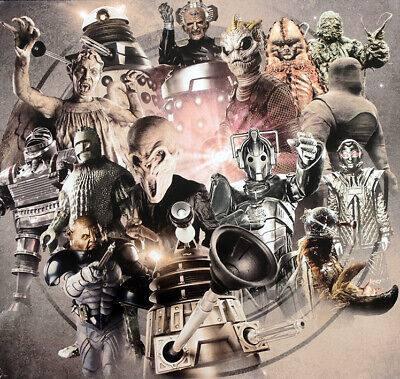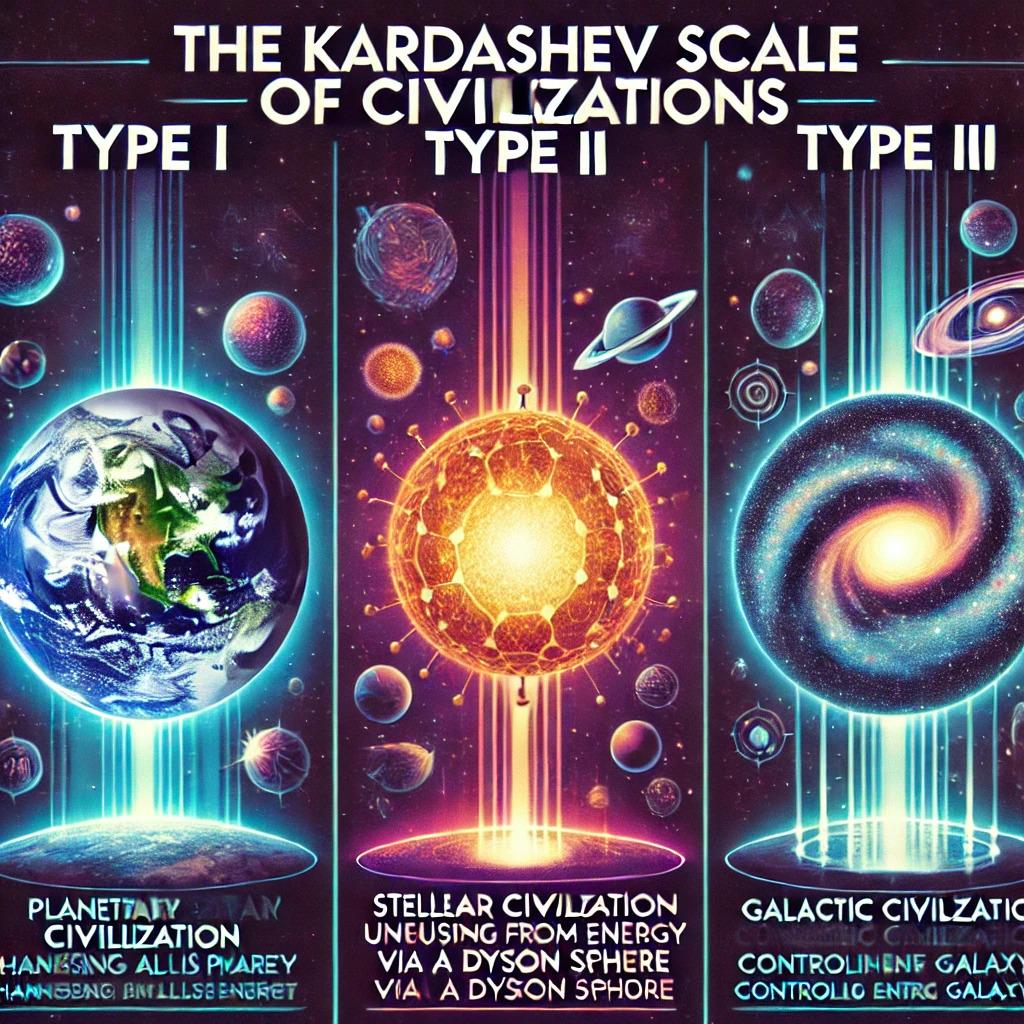The Impact of Science and Education on Comedy, Music and Arts
Category: Entertainment
Date: February 2023
Views: 1.25K
You Can Read this Article in Original Arabic يمكنك قراءة هذا المقال بالعربية
The Impact of Science and Education on Comedy, Music and Arts
Comedy, music, and arts have always been an integral part of human society, and they play a significant role in shaping our culture and our perspectives. In recent years, the impact of science and education on these forms of expression has become increasingly noticeable, with the influence of technology and new discoveries affecting the way we create and consume comedy, music, and art.
What Makes People Laugh
Humor is subjective, and what makes one person laugh might not be funny to another. However, research suggests that people's educational and intellectual level can play a role in what they find humorous. Higher educated and intellectually inclined individuals may be more likely to appreciate more sophisticated forms of humor, such as satire, irony, and political jokes, whereas others might prefer more straightforward, slapstick humor.
Categorizing Civilization Level Based on Comedy Preferences
It is not possible to categorize a civilization or society based solely on their preferences in comedy. Humor is influenced by many factors, including cultural background, personal experience, and individual tastes. However, it could be argued that the types of comedy a society enjoys can provide some insight into their values, beliefs, and general worldview. For example, a society that values intelligence and critical thinking might prefer forms of humor that challenge their beliefs and encourage them to think more deeply about the world around them, while a society that values simplicity and escapism might prefer forms of humor that are more lighthearted and focus on entertaining rather than thought-provoking.
Comedy and Critical Thinking
Comedy can play a role in promoting critical thinking and encouraging individuals to challenge their beliefs and question the status quo. Satire, for example, often uses humor to highlight social and political issues and encourage individuals to think more deeply about these topics. However, it is important to remember that comedy can also promote simplemindedness and stupidity. Some forms of humor can be seen as low-brow or lacking substance, and they may not encourage individuals to think critically or challenge their beliefs. Ultimately, it is up to the individual to decide what forms of comedy they find entertaining and meaningful, and how they use humor in their lives to promote critical thinking or encourage simplemindedness.
In conclusion, science and education have had a significant impact on comedy, music, and arts, and these forms of expression continue to evolve and change as our knowledge and understanding of the world grow. Whether comedy promotes critical thinking or simplemindedness is up to the individual, but it is clear that humor plays an important role in shaping our perspectives and influencing the way we see the world around us.





















0 Comments, latest